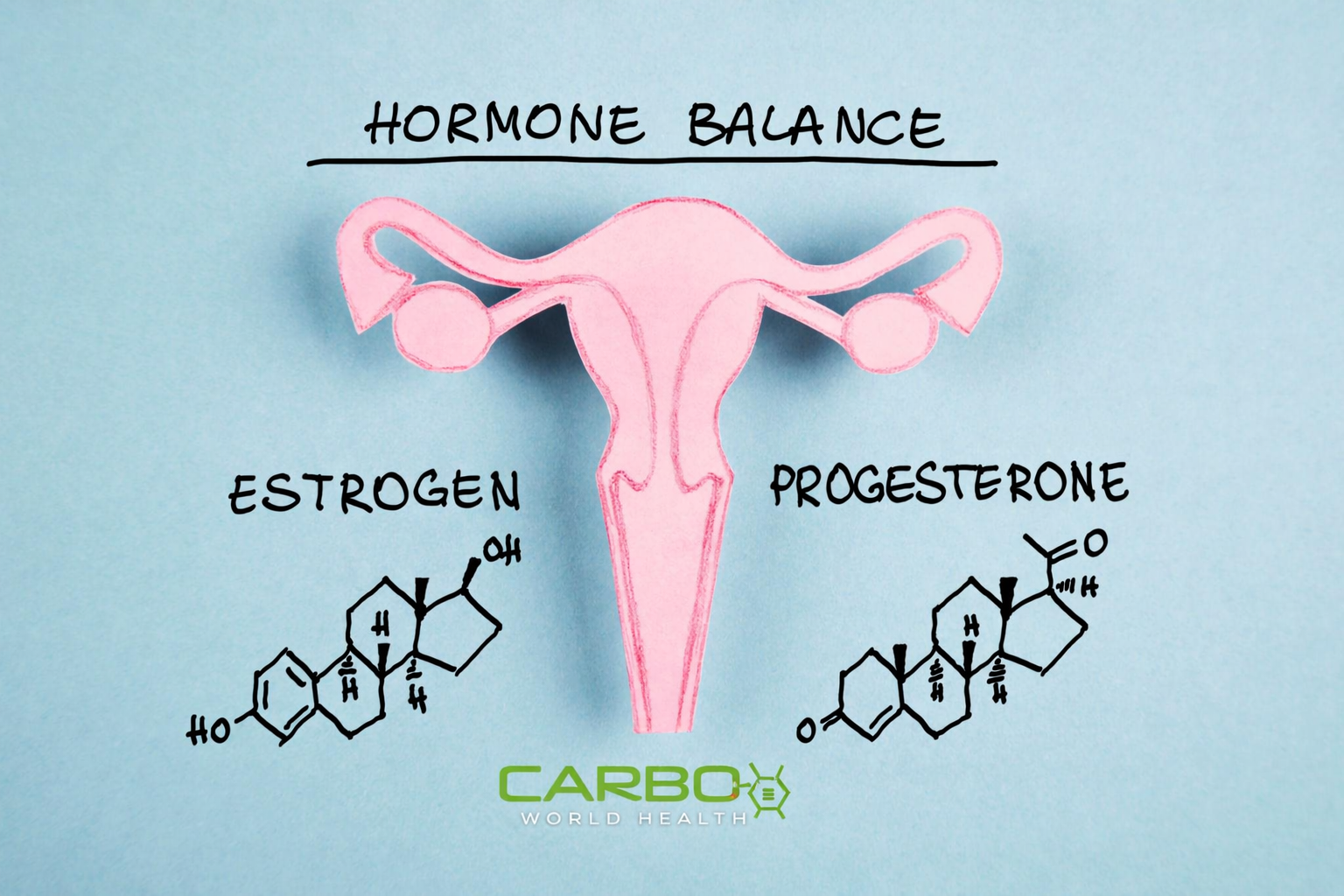
If you've decided that this year is the one you will run a marathon, congratulations! Whether your goal is to get fit, raise money for charity, or simply cross something off your bucket list, running a marathon is an admirable goal. And, with smart training, it's achievable for almost anyone at any age.
As you begin your training journey, here are the most common mistakes to avoid:
- Focusing on how difficult marathon training might be. It's easy to focus on how difficult running a marathon might be, and get demoralized when your first runs are slower or shorter than you wanted. If you focus on the difficulty of the challenge, you can lose motivation. Instead, focus on setting incremental, achievable goals, and celebrating your successes every step of the way.
- Focusing on weight loss. While it's likely that you will lose weight in the course of training for a marathon, it shouldn't be your intention. If you measure success by weight or size, rather than by distance and time, you are likely to get frustrated with your weight loss goals. Keep your attention on the act of running, and don't let the scale weigh you down.
- Building up mileage too quickly. Many websites advise increasing training mileage by 10% every week until you are running marathon distances. However, it takes 4-6 weeks for your body to adjust to a new regimen. While your cardio respiratory fitness increases fairly quickly, within 2-3 weeks, it takes longer for bones and tendons to adapt; overtraining too early increases risk of injury. Instead, maximize your fitness at your current level before increasing distance.
- “Racing” your training partners. Multiple studies show benefits of having a training partner increases motivation, consistency, and even speed. We are social animals, and are unconsciously motivated by the behavior of those around us. We get the best training results when we run with those who have a good attitude, shared goals, aren't intimidating, and are slightly faster. But turning your training runs into a race detracts from your long term goals, pushes you harder than necessary, and can lead to burnout or injury. Use training runs for support, and save competition for the main event.
- Not training in the gear you will wear on race day. While it's tempting to reward your training efforts with sparkling new shoes on race day, shoes should be tested and worn before attempting a marathon in them. New shoes may cause blisters, and brand new shoes are slightly less flexible; it's best to train in them ahead of time so they are broken in. However, your training shoes may be worn out and have lost some cushioning. Experts advise replacing running shoes every 400-500 miles, and putting 40-50 miles on them before a marathon. The best approach is to train in the gear you will race in, and replace worn gear with the same brand and style to avoid unpleasant surprises.
- Not getting enough sleep. During the training process, your down time is just as important as your workout time, for the best performance and endurance. Deep sleep is essential for repairing muscle and bones, and generating cellular recovery. Good, consistent sleep at night during training, along with increased sleep times in the weeks before a race, has been shown to significantly increase athletic performance. Get at least 7.5 hours of sleep at night, and take naps if necessary.
- Not hydrating enough. Hydration influences successful performance and recovery, especially in hot weather. The American College of Sports Medicine recommends replacing 150% of sweat loss after running, for increased performance on the subsequent day. Not only is it important to remain hydrated during a race, but it's important to train with the same hydration patterns you will use during the marathon. If you plan on carrying fluids, train the same way. If you plan on relying on aid stations, check on what will be available there and incorporate them into your training regimen. We even recommend exploring regular IV hydration therapy to maximize your hydration strategy.









